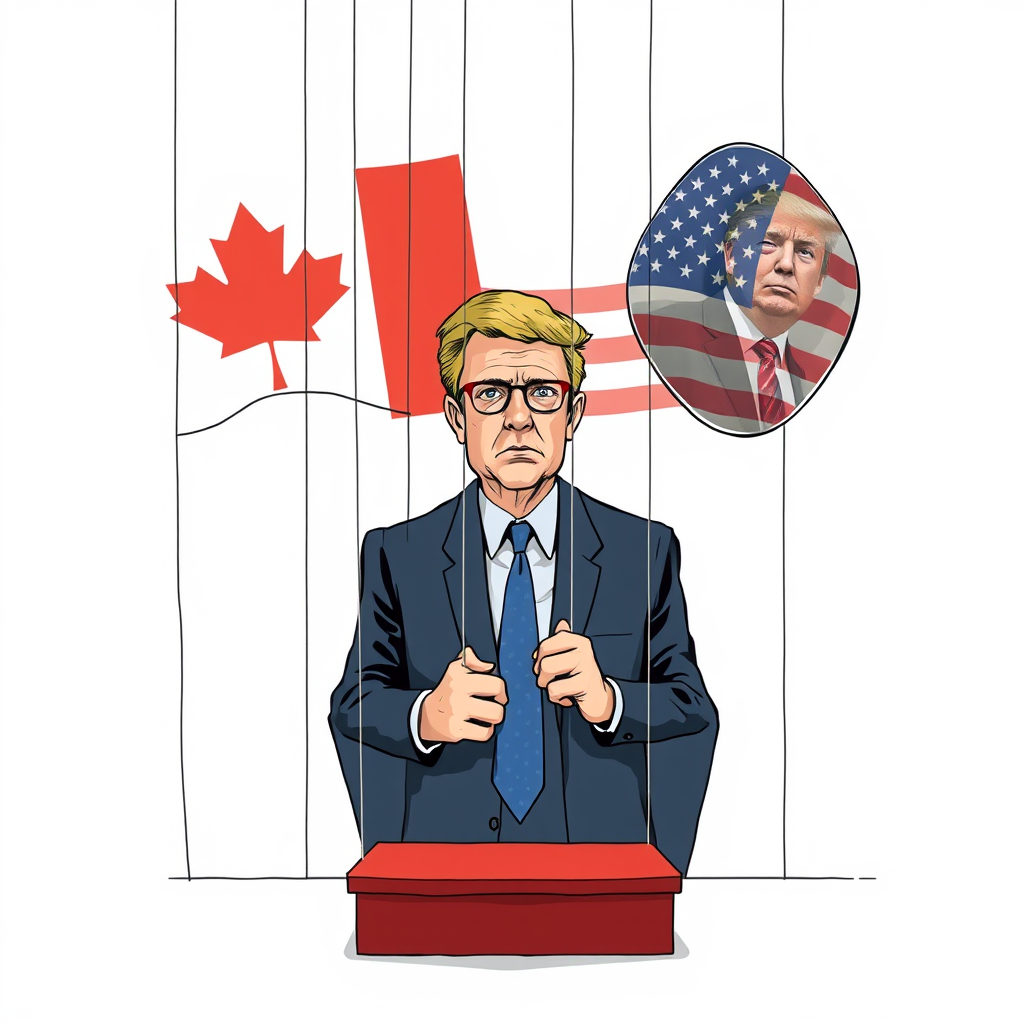Is Canada’s Conservative Leader Facing a DeSantis-Like Fate?

Pierre Poilievre’s Canadian Conservative Party appears poised for defeat in today’s election, mirroring the failed presidential bid of Florida Governor Ron DeSantis. Just months ago, a Conservative victory seemed likely, fueled by a significant lead in polling data. However, a confluence of events – including controversial statements from Donald Trump regarding Canada, the unexpected resignation of Prime Minister Justin Trudeau, and the ensuing trade disputes – dramatically shifted the political landscape.
Poilievre, who strategically attempted to emulate Trump’s populist appeal, now finds himself in a precarious position. The Liberal Party, under new leadership, has successfully framed Poilievre as an echo of American political rhetoric, particularly damaging in a nation sensitive to its own identity and protective of its economic interests. Attack ads effectively juxtaposed Poilievre’s speeches with those of Trump, highlighting the perceived imitation and reinforcing a narrative of foreign influence.
The parallel to DeSantis is striking. Both politicians, lacking the charisma to connect with voters on a personal level, attempted to capture the energy of Trumpism without possessing the former president’s unique ability to dominate the media cycle and command loyalty. DeSantis’s campaign faltered when Trump directly attacked him, exposing his vulnerabilities. Poilievre faced a similar challenge, struggling to differentiate himself from the source of his inspiration while simultaneously navigating a distinctly Canadian political context.
Both men have also demonstrated a thin skin and an inability to withstand criticism, traits that proved detrimental in the face of relentless attacks. Furthermore, Poilievre’s embrace of U.S.-centric culture war issues felt particularly jarring in Canada, a nation that often prioritizes its own unique values and traditions.
While it’s possible that current polling data is inaccurate, the trajectory suggests a likely Liberal victory. Poilievre’s campaign serves as a cautionary tale: simply adopting the tactics of a successful politician isn’t enough. Authenticity, a genuine connection with voters, and an understanding of the specific nuances of one’s own political landscape are crucial for success. The attempt to transplant Trumpism into Canada appears to have backfired, leaving Poilievre facing a likely defeat and reinforcing the idea that imitation, in politics as in life, is rarely the sincerest form of flattery. It’s a reminder that while populist appeals can be effective, they must be tailored to the specific context and resonate with the values of the electorate.